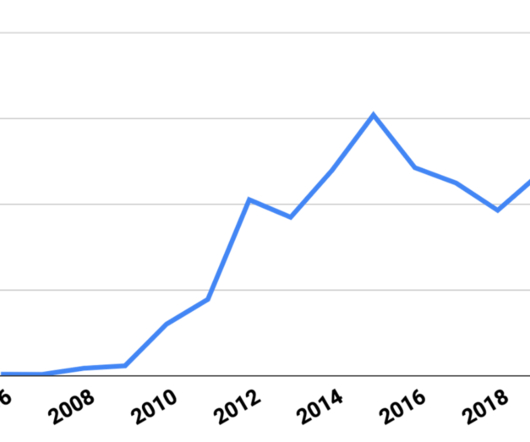State “Climate Superfund” Bills: What You Need to Know
ClimateChange-ClimateLaw
MARCH 14, 2024
In the first months of 2024, legislators in four states— Maryland , Massachusetts , New York , and Vermont —have pushed for legislation that would collectively require large fossil fuel producers and refiners to pay for hundreds of billions of dollars of state-level climate adaptation infrastructure. Constitution.” billion tons.














Let's personalize your content